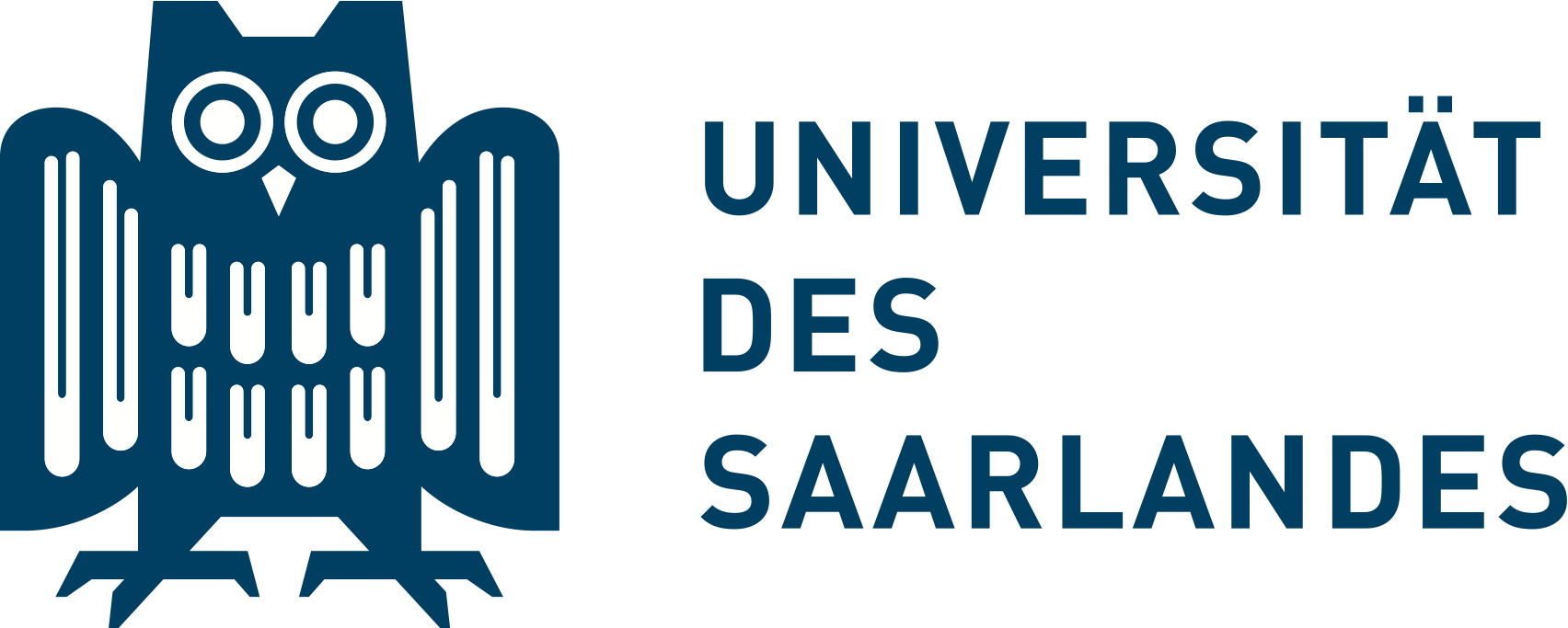Research
We do research on compilers, programming languages, and program analysis to make programming modern heterogeneous systems more efficient and effective. Our recent focus is on:
- Implementing Domain-specific Languages using Partial Evaluation
- Vectorization of Irregular Low-Level Code
- Deriving Performance Models of Modern Hardware
Our current projects and tools include:
Teaching
Winter 2025
- Core Course
- Seminar
BSc/MSc Theses and Hiwi Jobs
We have a variety of BSc/MSC topics and Hiwi jobs available. Please take a look at our list of proposed topics or contact Sebastian Hack.
News
- Jun 2025
- Our paper on non-interference preserving compilation was accepted at OOPSLA 2025. We develop hyperproperty simulations, a novel framework to secure compilation that is more expressive and flexible than previous approaches. We demonstrate this by designing and proving a generic non-interference preserving code transformation that can be applied on different optimisations and leakage models.
- Jan 2025
- Our paper on automatic differentiation on MimIR was accepted at CC 2025. We show that common optimizations effectively eliminates the overhead of functional AD approaches and produces code that performs on par with leading mutation and taping techniques. At the same time, our approach is an order of magnitude less complex compared to its contenders.
- Oct 2024
- We have two papers accepted at CGO 2025: One on synthesizing sorting kernels (distinguished paper award) and one on memory safety instrumentations in practice.
- Oct 2024
- Our work with Roland Leißa on MimIR, a novel intermediate representation for the DSL age with strong formal foundations has been accepted at POPL 2025.
- Mar 2024
- Our work on Explainable Port Mappings for AMD Zen+ was accepted at ASPLOS 2024.
- Sep 2022
- Our work on Analyzing Inconsistencies in Microarchitectural Code Analyzers was accepted at OOPSLA 2022.
- May 2022
- We have a paper at ICS 2022 together with Bertil Schmidt's group on AnySeq/GPU, a high-performance sequence alignment library for GPUs written in AnyDSL.
- Jul 2021
- Our work on PICO was accepted for the ACM Transactions on Architecture and Code Optimization. PICO is an optimization for programs that were instrumented by a memory safety instrumentation. It models memory accesses with Presburger formulas and combines such formulas to secure multiple accesses with a single check and moves these checks to infrequently executed locations. In our experiments, PICO reduces the execution-time overhead introduced by SoftBound by 36% on average and the code-size overhead by 24%.
- Oct 2020
- Our work on an abstract interpretation for SPMD thread divergence was accepted for POPL 2021 and was selected as distiguished paper. The analysis is accompanied by a Coq development to prove its soundness and a C++ implementation of the analysis has been upstreamed to LLVM. The version available here also features a more detailed presentation of the experimental results and an implementation guide.
- Apr 2020
- PMEvo, our work on inferring port mappings of out-of-order processors by time measurements was accepted at PLDI 2020.
- Jan 2020
- We have a paper at IPDPS 2020 together with Bertil Schmidt's group on AnySeq, a high-performance sequence alignment library written in AnyDSL that compiles to CPUs, GPUs, and FPGAs from the same code base and is competitive with codes that have been developed for a specific hardware architecture.
- Jul 2019
- Sebastian has taught a one-week course on compilers at the ACACES 2019 summer school.
- Jul 2019
- Our joint paper Rodent: Generating Renderers without Writing a Generator with the graphics group at Saarland University was accepted at SIGGRAPH 2019.
- Jun 2018
- Our paper on AnyDSL was accepted at OOPSLA 2018. AnyDSL is a clean-slate programming system with a simple, annotation-based, online partial evaluator that operates on our CPS-based IR Thorin and has code generators for various accelerators.
- Feb 2018
- Our paper on partially linearizing control flow was accepted at PLDI 2018. Partial control flow linearization generalizes if conversion to incorporate the results of a divergence analysis without imposing restrictions on the control flow graph.

